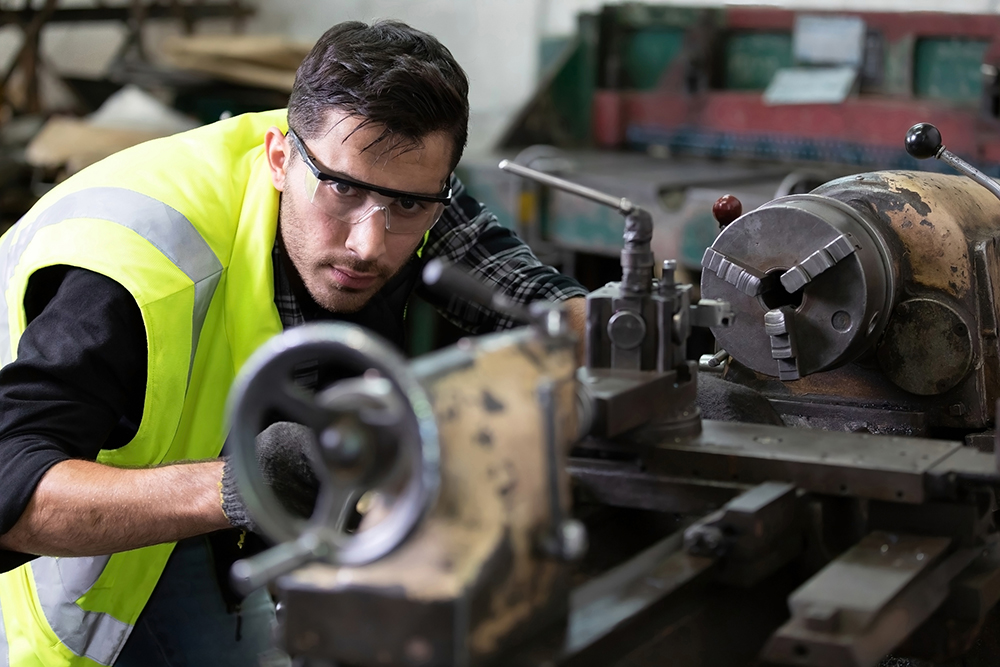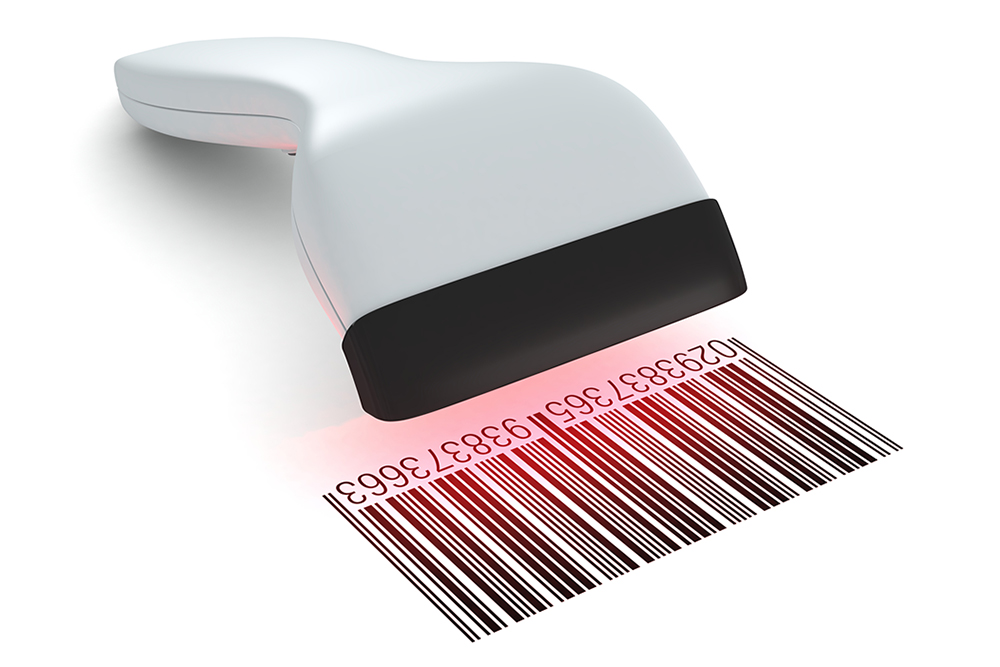Has Brexit given British manufacturers the opportunity to create real efficiency?

Over the last decade, the number of foreign workers employed in UK manufacturing has been steadily increasing. Official figures from the Office for National Statistics (ONS) revealed that over 1 in 10 manufacturing sector roles were filled by EU nationals. Whilst a professional skill shortage in engineering and manufacturing has led employers to look further afield for suitable staff, many more of this workforce was employed to perform low-skill level roles. Further information from the ONS highlights that many of these low skilled migrant workers, especially those from eastern Europe, earned lower wages and worked longer hours.
However, with Brexit and the end of free movement, UK employers will find it more difficult to employ new EU nationals. Whilst those living and working in the UK prior to 1 January 2021 retain the right to continue to live and work here, a points based system will apply to any EU national coming to the UK to live and work on or after this date. Visa applications, costs, specific salary and language requirements are all likely to make this an unappealing prospect for any manufacturer looking to hire migrant workers.
The above means that problems or challenges that manufacturers once solved by bringing on low cost labour can no longer be rectified in this way. Where it may once have been quicker, easier and cheaper to bring on someone to fill a gap on the shop floor, that option is no longer so easily available. Instead, the time has come to look for different solutions – creating efficiency in the workplace by optimising your existing resources is the best way to do this.
So how can this be achieved? Making efficiency improvements is an ongoing process and is most easily managed by using an ERP system to track tasks, identify areas of waste and inefficiency and take affirmative action. Here’s some examples of how an ERP system can help manufacturers increase efficiency:
Scheduling – by having all of your jobs on one system, the production team can plan and schedule these to minimise downtime of machines. Jobs that require similar machine set-ups can be identified and grouped together, reducing set-up times and enabling faster turnaround.
Capturing quality data – without accurate data, it’s difficult to assess performance. By recording your workers’ activities through shop floor data collection (SFDC), you can identify performance trends or anomalies, ie why does Tom take longer to do the same job at the start of the week but can speed through it on early closing Friday? Not only could this make you more aware of the training needs of your employees and point you to the areas where further training is needed, it could also spur you to do more reviews of the cost of jobs on, say, a monthly basis and identify areas of weakness and if efficiency trends are in an upwards direction. Even recording non-productive time can highlight occasions when you may be paying a highly skilled (expensive) worker to do unskilled work.
Planning – knowing what jobs are scheduled allows all the required materials and tools to be gathered together before the operator starts a job. Avoid your skilled workers wasting valuable time or machines sitting idle whilst a missing element is located.
Providing easy access to job instructions – locating low cost terminals on the shop floor gives operators instant access to the information they need for each job without needing to travel far from their workcentres.
These are just a few simple, top-line examples of how an ERP can help manufacturers create real efficiency on the shop floor. And such process improvements are not limited to the shop floor but can be extended across all areas of a company, to departments such as sales, purchasing and finance.
So instead of increasing your workforce to manage a greater workload, at this time when lower-cost labour and skilled workers are more difficult to find, we’d recommend looking more closely at your processes and resources to identify where greater efficiencies can be achieved. Cutting out waste and optimising your existing resources will be key to successful trading in the post-Brexit era.
E-Max ERP can help your manufacturing or engineering company create new efficiencies in 2021 and beyond. Find out more about how we can help you by speaking to our team on 0808 109 2035, drop us a message or arrange a online customised demo at a time convenient to you.

